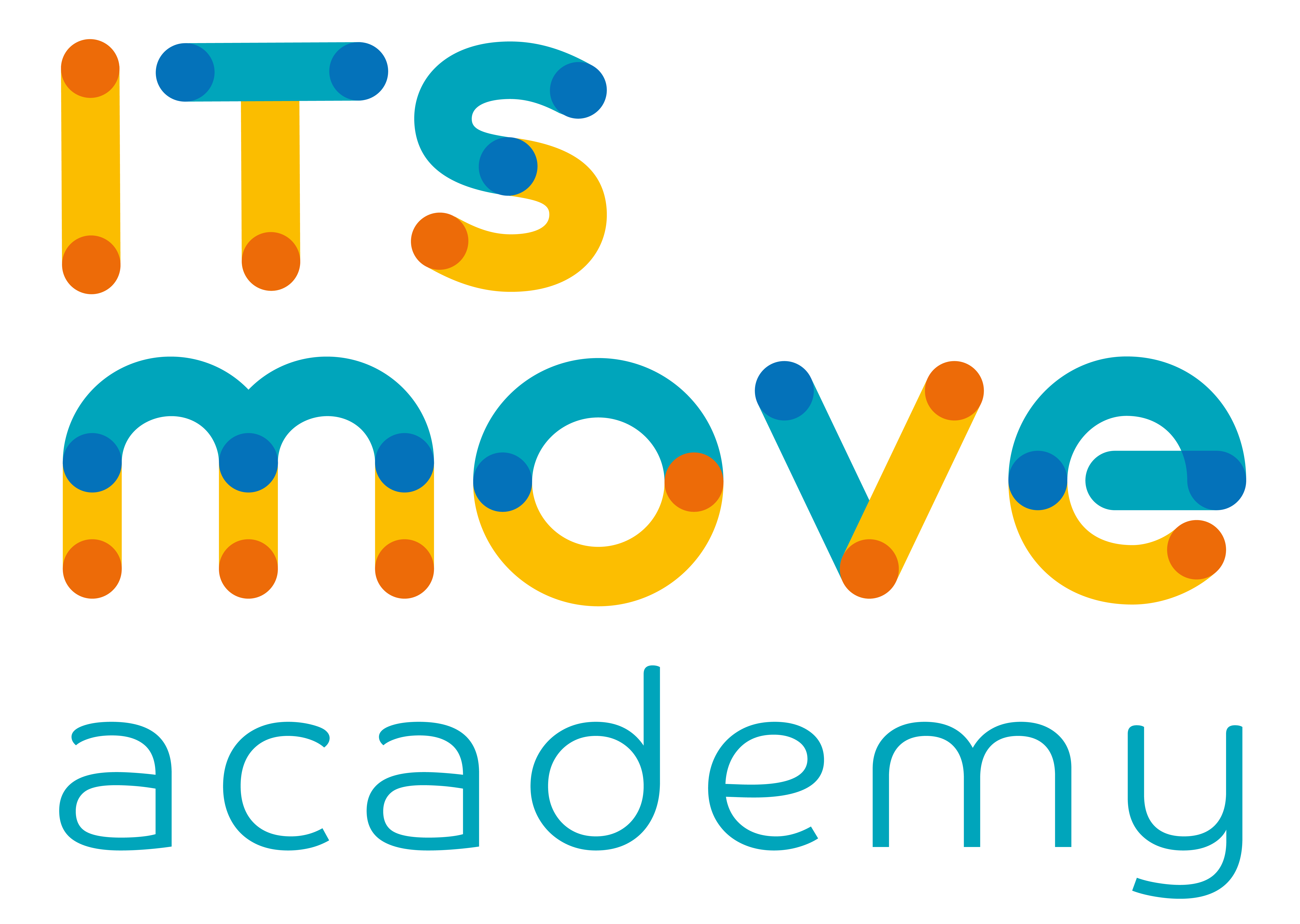The digital trade has become one of the most dynamic and strategic areas for Italian and European companies. In this context, post-diploma technical training is becoming increasingly important. At the moment, the ITS e-commerce offer concrete, job-oriented training, responding to the needs of the market by training professionals capable of operating effectively within digital companies, international marketplaces and hybrid retail and online realities.
The ITS e-commerce curriculum is designed to provide a comprehensive and up-to-date preparation for the real needs of companies. The training contents are developed in five macro-areas:
1. Digital technologies and e-commerce platforms: deepening the major e-commerce platforms (such as Shopify, WooCommerce, Magento), learning how to create, manage and optimise an e-commerce site. Students acquire skills in the use of CMS, tracking tools (Google Analytics, Pixel Meta) and applications for catalogue and order management.
2. Digital marketing and omnichannel strategyA significant part of the course is dedicated to digital marketing: SEO, SEM, email marketing, social media advertising, remarketing strategies and sales funnels. Students learn how to design effective campaigns, measure results and improve a brand's online presence from an omnichannel perspective.
3. Logistics and customer careLogistics is a key component of e-commerce. The ITS e-commerce course includes modules on supply chain, warehouse management, shipping, returns and customer care. The goal is to understand how to ensure an efficient and satisfying shopping experience for the customer.
4. Digital law and online trade regulationsstudents learn about the main Italian and European e-commerce regulations, including GDPR, right of withdrawal, privacy management, terms of sale and consumer protection. This module is essential for operating in compliance with the law and protecting the company and customers.
5. Soft skills and project managementsoft skills: communication, teamwork, time management, critical thinking. In addition, project management is introduced with tools such as the Agile method and the use of workflow management software.
What professional outlets does an ITS e-commerce offer?
One of the distinctive elements of ITS is thealternation between the classroom and the world of work. In the two years of the ITS e-commerce course, at least 30% of the hours are dedicated to the in-company internshipin realities of the digital sector, start-ups or e-commerce departments of major brands. This allows students to deal with real situations, put into practice what they have learnt and often enter the working world directly at the end of the course.
Due to the combination of technical and practical skills, ITS e-commerce graduates are in high demand by companies in sectors as diverse as fashion, food, technology, tourism and logistics. Some of the most frequent roles are:
- E-commerce Specialist;
- Digital Marketing Assistant;
- Web Content Manager;
- Digital Logistics Officer;
- Customer Care Manager;
- Online sales technician.
The world ofe-commerce is no longer just a niche: it is one of the main drivers of the global economy. An ITS course allows you to train in a way that is targeted, up-to-date and connected to the needs of companies. Choosing an ITS e-commerce means investing in a concrete, dynamic and opportunity-rich professional future.
The course ITS in e-commerce & logistics management of theITS Move Academyis structured to train experts in the online sales sector with in-depth digital, technical and managerial skills, capable of managing activities related to online sales, digital logistics, multichannel marketing and customer experience. Students learn to design and manage e-commerce activities aimed at B2B and B2C sales, to promote marketing strategies, both online and offline, with the aim of increasing brand visibility, sales and turnover, and to coordinate all the logistics activities that gravitate around an e-commerce project.

Author of the article
ITS MOVE - Editor



